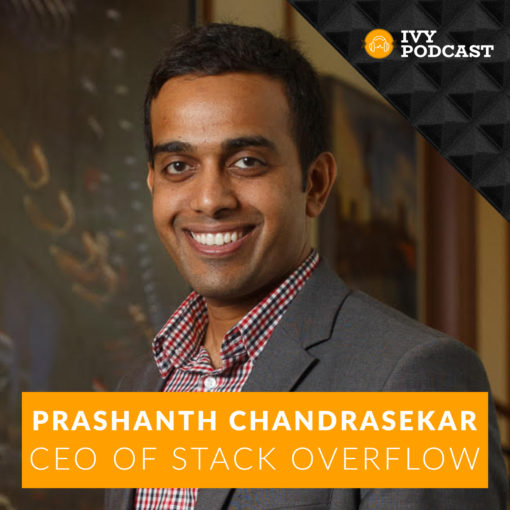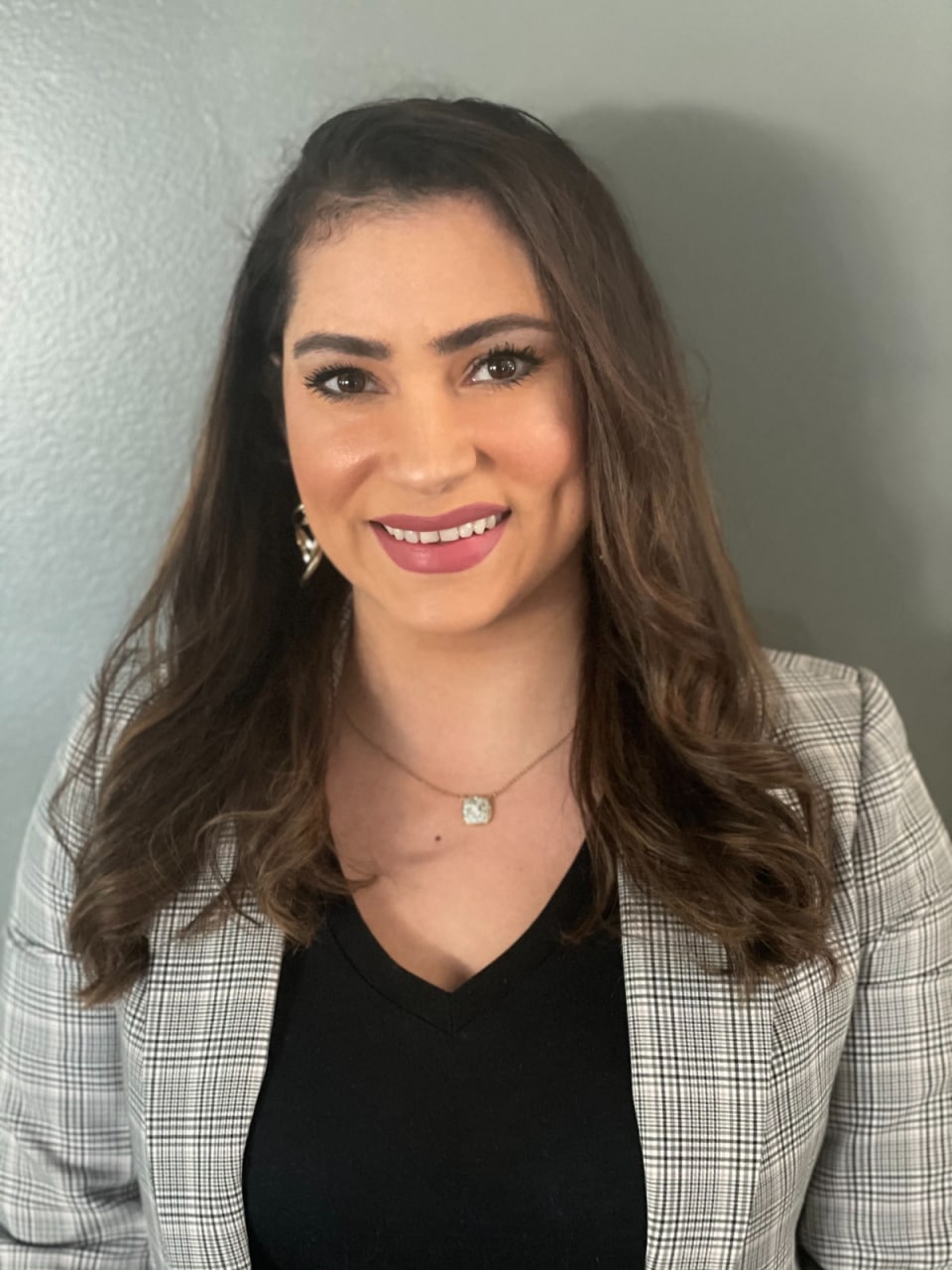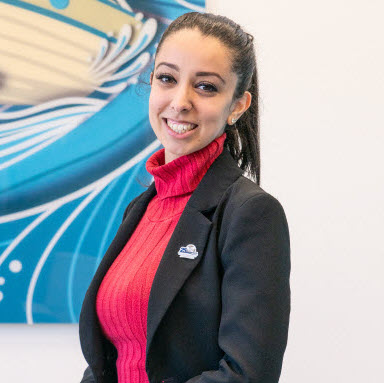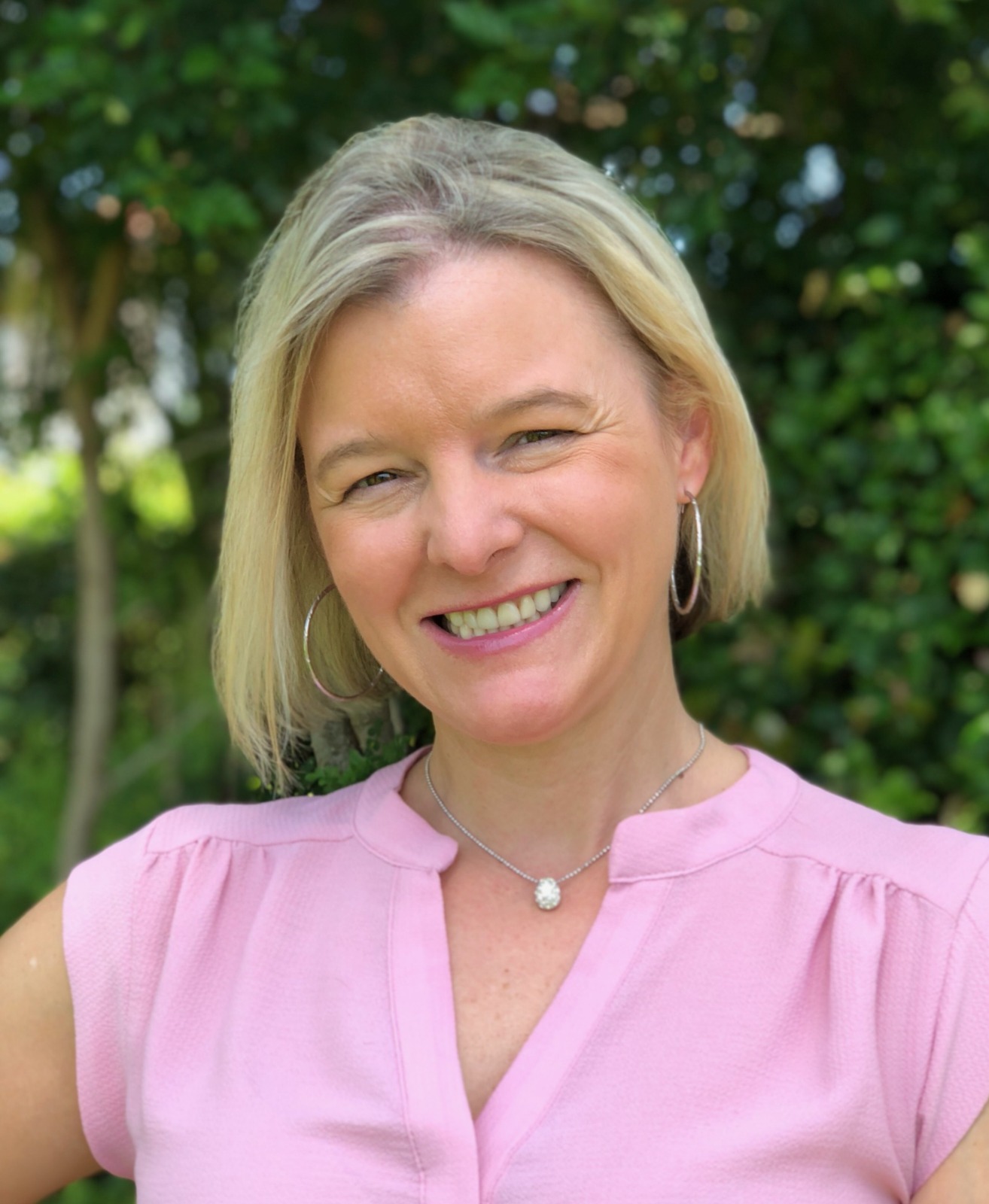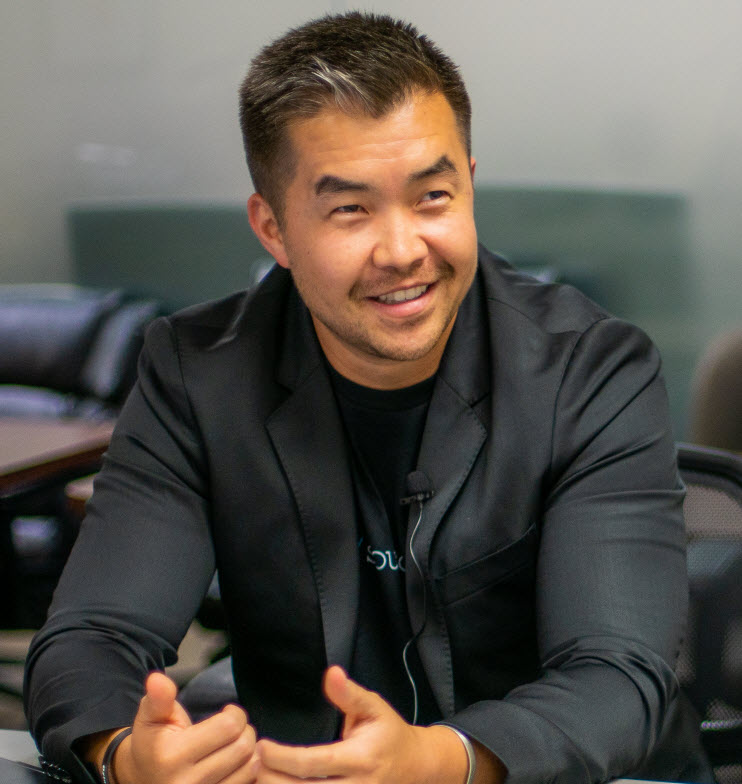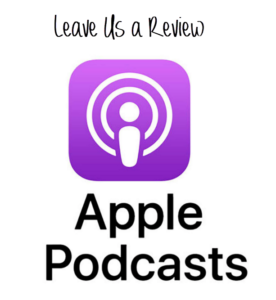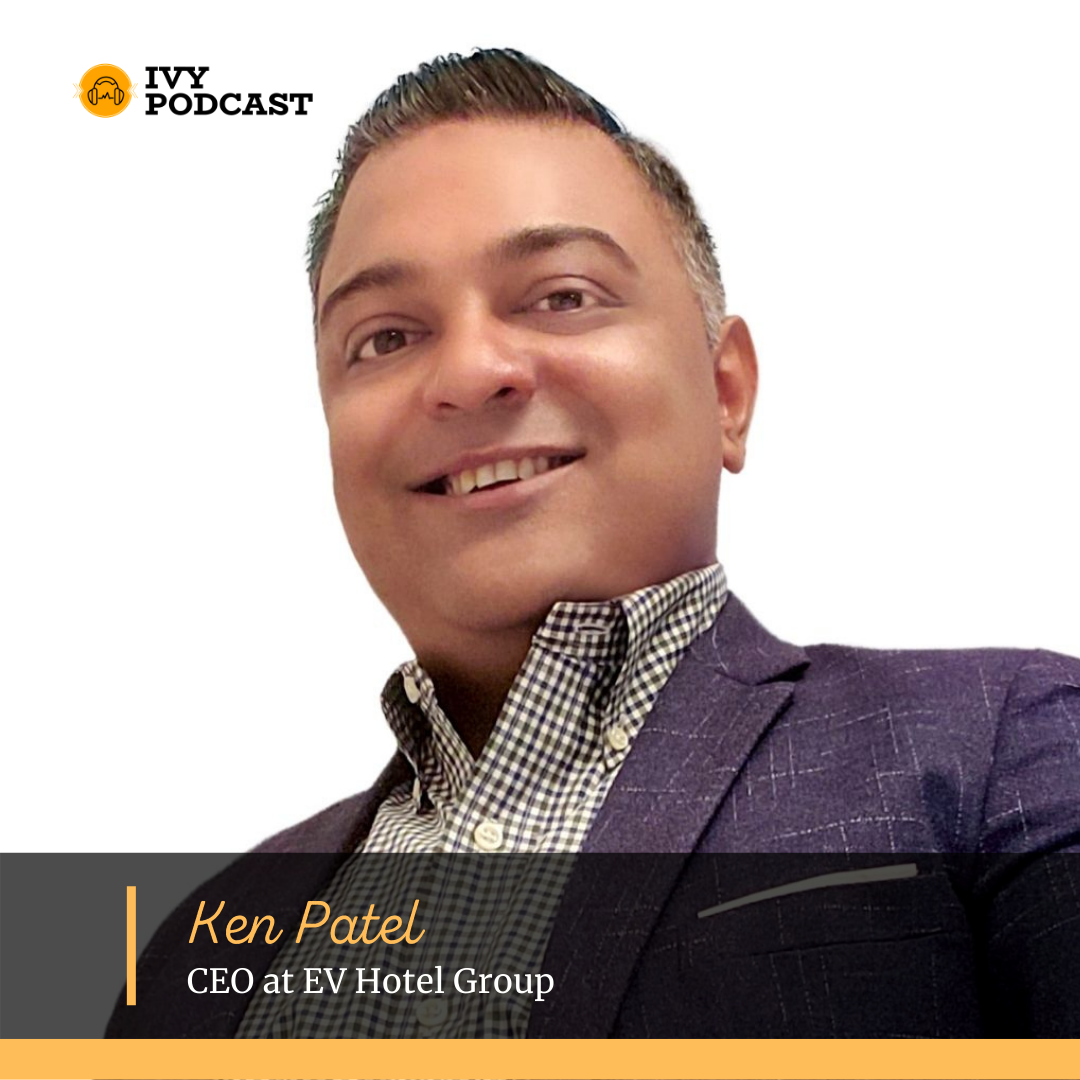
Ken Patel has been in the Hospitality Business for over 20 years. Previously held senior level positions nationally, and built reputation on leading each market worked in, by building REVPAR Index growth year-over-year and GOP. As he has learned from my experiences in Dubai where he obtained my MBA in hospitality that operations and service are undervalued and can be overachieved. His experience encompasses all Brand-Types of hotels.
Ken has held Executive Positions from 2011 to 2018 before my relocation to Georgia from the NYC area and also has been voted under 40 to exceed expectations and made the cover of a travel magazine on a piece for resorts. The hospitality industry is all about giving and that is what Ken wants to demonstrate. Ken graduated high school in 1999 and have been in Hospitality ever since.
Episode transcription:
Thank you for listening to Ivy Podcast, where we feature weekly leadership conversations with thought leaders and industry experts. Now, here is your host Priscilla Torres. [00:00:27] Priscilla Torres: [00:00:27] Welcome to Ivy Podcast. My name is Priscilla Torres, and today we will be sitting down with Ken Patel who will be talking about his experiences with his personal resiliency, through his leadership and all of the changes that have transpired in 2020 within the hospitality industry. Ken, welcome to Ivy Podcast. How are you? [00:00:48] Ken Patel: [00:00:48] Thank you. Thanks for having me on. [00:00:51] Priscilla Torres: [00:00:51] Absolutely. It's a pleasure. So, Ken, can you go ahead and start us off with an introduction on yourself? [00:00:58] Ken Patel: [00:00:58] Of course, of course. So, Ken Patel has been in the hospitality industry for about 23 years now. I pursued my MBA in hospitality from Emirates academy and I've worked in big markets, such as New York City. I'm originally from New York City, and was there for about 32 years. Now I reside down here in Elena currently the CEO of Evie Hotels group. We're based out of in a bucket area of Atlanta, and we're looking for a successful 2021. [00:01:39] Priscilla Torres: [00:01:39] I love it. And certainly the hospitality business has unfortunately been greatly affected in 2020 due to COVID-19. What can you say in your experience has been the most impactful lesson that you learned in 2020? [00:01:56] Ken Patel: [00:01:56] Resilience. I believe that we can be put down below ground. And the only way to look up is to dig ourselves out of it. And I feel that we are all going to take it out of it. We are going to get back to normalcy. It might not be as impactful as it was pre-COVID, but we were able to learn a lot. We were able to find out with our inner selves what we're capable of. And the capabilities that we'll be able to do moving forward are going to be a lot more than we knew pre-COVID. So, as we find out what is going to happen here in 2021, it's a big question. But now we understand that we are not only capable of doing one thing. We can do two different things. So it's going to be a big change. And 2020 brought us and kind of gave us a wake-up call. And that's kind of how I look at it is we were able to now know that there were certain things that we were doing more right now. Let's make it right. And moving forward, we can create a better atmosphere. [00:03:27] Priscilla Torres: [00:03:27] I think that's such a great response because obviously looking at the operations of hospitality and that industry, we've had to pivot and look at different ways that we can serve our customers and different ways that we can make our customers feel safe and welcomed back into the hotels. In your experience, how do you feel that this has been a pivoting moment for the hospitality industry and helping folks get back to traveling and feel more comfortable with going, staying at hotels? [00:04:02] Ken Patel: [00:04:02] Yeah. That's a great question. So it's almost like this, right? We can't force people to stay at hotels. We can't force people to travel. Companies need to have revenues. So the corporate travel sector is vastly impacted where now it has kind of gone away from the physical travel aspect. And when two more virtual meetings went to a different kind of sector where people don't need to leave their house to have a meeting anymore, people can have Zoom, Teams and other platforms. So it's very different from how we actually conduct business. Airbnb, for example, has worked through tremendous avenues and levels during COVID and that has been impacted by the way we've done housekeeping. So the way we actually do housekeeping during COVID has the consumer thinking that it's better for them to stay at an Airbnb. But now that we get back to the levels of housekeeping, we get back to the levels of breakfast, where we're emphasis is a lot on regional travel, regional business. So we'll get back to certain levels, but they won't be to the levels of pre-COVID, but I feel that operationally we can't operate the way we did before COVID. We have to operate as to how we were operating during COVID and I don't mean run with the lean staff, but be operationally smart. be analytically smart, and one of the things that we do with EDV Hotel group is we have our platforms where we're actually AI-driven where autonomous operations. So we provide hotels to be operationally smart, where we're going to teach you to live a better human life. And, I think that's kind of the gear we need to shift towards is we want to have retainability right. We want to make sure staff and employees and consumers always look at, are they able, when it comes to employees, they want to make sure they're at the same position or they're at the same company. Consumers want to see the same staff. They want to see the guests want to come in every week or once a month, and they want to see Jennifer or Allen at the hotel. So I think we need to pull out more emphasis on that because the turnover rates in hospitality for the last eight, nine years have just been skyrocketing because we don't have certain things in there that impact those levels. And I feel that it was like that during COVID too. That's why a lot of the hotels barely had any staff. They couldn't find staff members. So, we were able to learn through how certain people had to do two to three different positions during COVID. And I believe they are going to keep struggling with that. And how do you solve that? It's to create an analytic way it's to create less labor and less operating costs. Everybody came down to a science that operates with less cost or in COVID, but that's not the way operations should be. That's absolutely not the way. And that's what we do with the hotel group is we integrate software into operations. So when we have full autonomous operations, when it comes to revenue management and back-office operations, and that's something that's going to drive for us. And I think that is the way we're going into this industry. If you look at the hospitality industry as a whole. We are so behind with technology, and not to name a brand out there, but one of the biggest brands out there is still operating with the DOS-based PMs system. But that's just, we're behind, we're behind. As two cars are almost going to self-drive themselves. And here we're still stuffed in the way we operate like we did in 1980? So I think that is a driving force right now in COVID taught us that because nobody before COVID wanted to make any changes, because they were like, Oh, we're making tons of things we're doing really well. Why are you asking me to make a change? Why are we going to go do this? Why aren't we going to go do that? But now we're at that point. Yes. We're not making all that tons of revenue that we were, and we're not retaining staff and we're not training staff. So, we're back to square one, but that square one has to involve technology. And without technology it's like nobody has a laptop and an iPad and a PC laying around everywhere. But their technology is on their phone. It's AI's and your phone AI's when you go and do a Google search. So AI needs to be in hospitality. We need to learn our guests. We need to learn what they're about. We need to learn every single guest that comes in what the impactfulness of that guest is. What do the guests want? So all of those things are going to be a big play in 2021, especially with us. And that's why we're a different management company. We are driving this right now and we're driving it to all different levels. And I think that's what initially that's what it comes down to is how do we change operations in this industry? You can't change the way people operate, but you can make it more efficient. And that's what our goal is. [00:10:57] Priscilla Torres: [00:10:57] That's a fantastic goal. And I didn't even think about the importance of AI and how that could really drive the future of hospitality. And I love that's what you and your organization are going to be focused on in 2021 and really leveraging that data to make the experience, the consumer experience more satisfactory, but you're also using that data to help drive what future changes need to happen that maybe have not been discovered yet. [00:11:29] Ken Patel: [00:11:29] Right. And we've done a lot of research. There's a lot of research that has been done, and it's not only research we've done in the United States. We've done research in Singapore. We've done research in Germany, Switzerland, Berlin, Russia, Thailand. I mean, you name it everywhere. India, all this research has come from how AI has to be focused and providing technology-based solutions, and just to throw an example out there when we do revenue management and hospitality. We have an RM service that is provided by the brand to have your directors, sales, all these people are involved in one sector, but there's a way to solve that. There was a way to do it. We have our own RM software and that's what I mean by ORM is revenue management. Our revenue management software has a virtual assistant. It has. It shows you a pickup window by the hour. So it tells you what your busiest hour of the day is now taking that busiest hour of the day. Now you can actually maximize your rate. So now you're making it a higher profitability. So, this all is focused around AI. I mean, and that's only one sector. We have another sector where software provides ownership or whoever owns the entity of that hotel is known. Physically has to go there at any given time. That's not a GM, obviously the GM has to be there. But we can get a 50-page rapport with physically somebody who would be there. It would be like somebody is actually there to see all that. So we would physically have that rapport would pictures and all sorts of data. So that's yeah. How we're minimizing costs and maximizing profit. And also at the same time, making sure every department is ready. If they have a quality assurance audit, and also making sure that it's going to make everyone's life easier. So GE is not going to be scanning invoices and spending their time. So the focus, the primary focus with AI is to make sure our guest interaction is better. Sure. Well, we forgot how to interact with our guests, we forgot how to give that level of service and you see that everywhere. It's not only in hotels, it's in the F and B of the food industry. It's when you go to Walmart, you go to Target, you go to Kohl's you go to Macy's it's all around us because we forgot that guest interaction. We've got that face to face and why that face to face because someone else's mine is okay. I got to finish this. I got to make sure I got to get my invoices to the corporate office. I got to do payroll. I got to do this. I got to go check a room to make sure it's clean for a guest. But we're doing all those things, but then we forget about the guests itself. [00:15:08] Priscilla Torres: [00:15:08] That's a great point. And you mentioned something a little earlier about how the hospitality turnover rate was increasing and then COVID happened. And obviously, different organizations had to handle it. Uniquely right. Given their circumstance. So when we talk about the future and the future talent that is going to be onboarded and recruited and retained during these times, what do you feel? What are those like elements or characteristics that you feel are important for the hospitality organizations to foster, to keep talent, good talent and to recruit potential new talent as well? [00:15:53] Ken Patel: [00:15:53] Yeah. So, this is your cup of tea being an HR executive. So, I feel like this way, it's great to retain talent. I mean, that is what you want to grow your company, but there is so much talent out there. There's this whole world of talent, right? And I always look at it as two. We always look for talent in the same sector. But there are other sectors where we have talents. Like it could be somebody that's at a drive-through window of a McDonald's, and that could be the greatest front desk agent ever. Or your server at iHub that reaches what we have. We need to focus on that reach instead of like, okay, let me just hire somebody that worked at a Holiday Inn express. Let me hire somebody to work that out of Hampton or a town place. Because they already know what they're doing. Not really just because they worked at a hotel. It doesn't mean they know what they're doing. I mean, if somebody told me that they want to hire a front desk agent because they have that experience with that PMs system. Rather than taking somebody that I probably met last night at a high hop or I felt like she was, Oh my God, she was phenomenal. She was just knocking it out of the park. As to every time I needed something, she was on it or she just had that smiling face on her, that personality. So I'm a big personality person. Like somebody can win me over with a personality rather than experience. If you have the personality, I feel like you can do the position and then the training will come, rather than bring somebody on that you can train for a few days with the experience, I'd rather train somebody with the personality for a week and know I'm getting a home run hitter, and that is where our focuses are that we don't want to only focus on the hospitality sector. When it comes to the HR portion, we want to focus on different traits and we want people that we can put together to bring them all as one, and that, or they can bring different levels of expertise and where they can do, whether they were working in it, whether they were working at a sales position somewhere, but all of this has an involvement with hospitality. Hospitality is an industry where you're not seeing the same guest and you're not seeing the same person all the time. And a person working a 3d 11 front desk. Their only interaction is a guest interaction, their interaction isn't with an employee. There are no other employees working at the hotel during those five and forget the 11 to 7. They don't even see anybody. So do you find a person and that has worked in a hotel that normally works at seven to three and tell them you're going to put them 11 to 7 or they say I can only work 11 to 7. Now, is that going to be an effective employee? That employee is not going to be effective compared to somebody that might work at a diner 11 to 7 or overnight. So now they know how to deal with working a graveyard shift. And that's kinda how I feel about that, and where we would need to be and how we operate on the HR levels because HR portions are very different now than they were 10 years ago. We have options for a lot more onboarding. We forget how to onboard an employee. Now there's. I mean endlessly. I know that. And our HR department, I feel sometimes, doesn't provide the proper guidance that the hotels need to do. Let's just say creating a non-boarding and I feel the onboarding word is so put in the wrong way, because I feel people when they see onboarding, they think new hire and they don't think onboarding as training. They're like, Oh yeah, let's get them into ADP Paychex. Where are their IDs. Get them in there, get them on board. Yeah, there you go. Start, this is your first day checking in your first guests, and I don't think that's proper onboarding. I'm a big onboarding person where one of the things we are going to do is we are going to have onboard the physical way of onboarding an employee. And that comes from videos. A lot of data, as to what their position is going to entail how they're going to be able to do their position, what are going to be some things that they're able to do and not do? What are they comfortable with? I mean, these are a lot of the questions we don't ask the employees. We kind of just look for somebody and kind of throw them into the fire and that doesn't make a successful transition? So I feel that we can't get there with these employees and why we have these high turnover rates and why employees are shifting from one hotel to the next hotel is just because now they're looking at a pay rate. They're not looking at how well they feel and have that comfort level. It was why would somebody want to switch for 25 cents? Sure, there are reasons why they want to do it. Obviously pay has a lot to do with it too, but they don't feel comfortable. They feel like, Oh yeah, I'm not going anywhere here. I feel like I'm doing a lot for $9 an hour or $10 an hour. Yes. Sometimes they are because we're giving them a lot in a short timeframe, you know? So, I mean, that's where I feel like we can succeed at a different level. And COVID definitely didn't help that portion because we were giving them tents science more than we were before the COVID. [00:22:54] Priscilla Torres: [00:22:54] Well said, I mean, it's important at least to have those elements on the forefront to continue to recruit and grow your organization. I love that you create an emphasis on onboarding and that experience is truly key to retaining good talent and being able to provide them with these different facets and different areas of experience, knowledge, exposure, relationships, across your organization, that'll help them feel safer, more secure, more confident in the work that they're doing. And ultimately that will translate into that. customer satisfaction that they're going to be able to provide to your consumers. So I'm so happy that you said that. And I think this year is certainly going to be an interesting year as we continue to navigate and pivot through all of these changes, but it sounds like you guys are on the right track. So I'm happy that you shared that with us. And as we close, I always like to end every episode with a positive and exciting question. So given that we started a new year, we're in 2021, what are you personally looking the most forward to this upcoming year? [00:24:16] Ken Patel: [00:24:16] I would probably say I'm looking at multiple things, but yeah. I'm so excited with our project, with EBY Hospitality Group, with what we're doing and how we're going to be the new concept and the new concept of hotel management, and working our tech side of things into it and able to deliver on what we've been preaching and our deliveries as to we are going to make everyone's life so easy. We're going to make it where the owners are happy. We're going to make it where the employees are happy, and not go working as an employee to the endless stress that they have by the time they get home. And the owner's saying that why is my GOP below 40%? I mean, these are guarantees that we have placed in our model, that we're able to deliver this because of what we have and what we will have. If some of the things are like, I mean, for example, with Hilton, they had a project called Connie, that they did back in 2016 with IBM. We are going to have some similarities to that project and there are things that we are going to put emphasis on and up, but I think it's going to take time for us to deliver on this. It's going to take time for hotels to preach it, but we do have numerous people around, people right now that are so interested in it. After we showed them what we're going to be capable of doing. And I'm looking for 2021. I mean, I know it's going to be the tech year. I mean, if you're familiar with the EBV cars, the electric vehicle cars, I mean, there's a guy right down there. I think he's creating it out of Florida. So the EBY concept is going to be huge, and it's not the reason we came up with the EDB hotel group, but we do have, and I got to say, we do have a prominent person as one of our investors that has their own EBY company and they're there, and we're still in conversation. But to the fact is we were drawing that kind of insurance. And I'm a big EBY person, and I love the EBV concept. I love that battery charging at 15 minutes. So I'm ready to see what those ed cars can do in 2021. I'm ready to see what we can do in our industry and hospitality and I'm just really excited about it. And we love to talk about it. I mean, our teams are out there talking about getting with people. We're just drawing a lot of interest. I mean, the level of interest I'm shocked by. I mean, just shocked by it. I mean, we've got in days, our VP of communication told me days that we landed on LinkedIn. We had about close to a hundred followers in hours. So, I mean, we're just getting international calls to know people want to know how we're doing the autonomous revenue management and operations that it's unheard of. Let's say that. So, that comes from the level of experience that we have with our chief revenue officer, where he was with Arbor, lodging and high gay, and our VP of communication or a VP of acquisitions, all of these people that are involved into the company. They've got those vast years of operation. And that's what makes me excited to know that I have a great team and to look forward as I don't want to say, I want to forget about 2020, but I'll always have 2020 in the rearview mirror, right. As to okay. We need to make sure we're so focused on how the hardship that people live through, they don't ever have to live through it again. And how do we, and it's always like that, right? When we look at tragedies, how do we fix that tragedy? That it never happens again. It's not saying it won't happen again. But if it does happen again, are we good to operate? And are we good to make sure that we'll still be able to operate efficiently? And that's kind of what set us up, that set us up to know what we need to make sure if, if it's going to operate and we lose, let's say, we lose market share. We lose guests, we lose 20, 30, 40% of our guests. And we can't afford to have employees. How else can we operate? And that's kind of what set us up and I love the idea it's taken me months. And I would say I've been on this idea since 2018. But we have a lot of backing. I mean, we have tons and tons of backing. We are down the road, we are going to be creating multiple platforms of software. That's going to be able to do a lot of different things. Currently we have one software edge. We have two, so we're working on a few more, but people are getting these great incentives when they sign up with us right now, nobody's going to get ever again, they're not going to get that. Because already my VP of acquisitions, like, what, wait, we need to stop these incentives. I'm like, no, we'll keep it rolling. Keep it going. So, yeah, but that's what we were looking for or two and we're all excited and I'm really happy. Five days into 2021, I'm like, this is going to be the year of tech and this is going to be the year that we can say these countries come back from the grave tragedy, right. Came back well, where we were so resilient that we are going to come back. We're going to show people that it might not take a year. It might only take six months, maybe three months, who knows, but we'll be stronger than ever. [00:31:31] Priscilla Torres: [00:31:31] Most definitely most definitely we'll be stronger together and certainly a lot to look forward to in 2021. So I want to thank you again for just being so open and honest and sharing all the wonderful things that you and your organization are working on. Lots of books. Or two in 2021. And for our listeners, if you are interested in looking or listening to any of our additional episodes, you can look us up at www.ivypodcast.com. Thank you, Ken. [00:32:08] Ken Patel: [00:32:08] Thanks. Thank you. Bye-bye. We hope you've enjoyed this podcast. Please take a minute to rate, subscribe, and leave a review on your preferred podcast, listening platform. We really appreciate that effort. We'll catch you in the next episode.
Welcome to Ivy Podcast! On this Executive Leadership Podcast we interview top executives from Fortune 500 with a focus on strategy, innovation, negotiation and everything about leadership.
Our Podcast for Executives features Thought Leaders who share practical insights for effective leadership, continuous innovation and strategy execution.
Ivy Podcast is a rapidly growing Executive Podcast, which covers topics like Hiring and Retention Strategies, Talent Acquisition, Innovation, Digital Transformation and much more.
On this Leadership Podcast, you will find conversations with the most accomplished executives from Fortune 100 companies. We aim to cover a broad range of industries and create a learning platform for the most ambitious and high potential professionals who are looking to learn from the most accomplished Executives on this Business Leadership Podcast.



